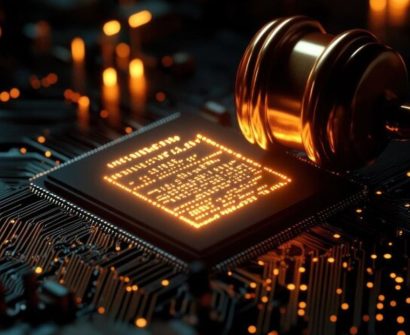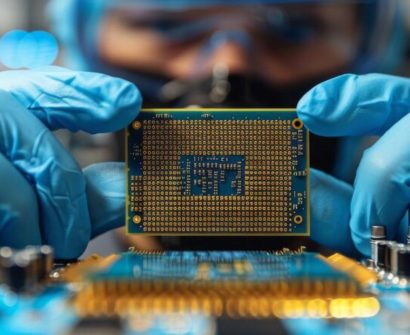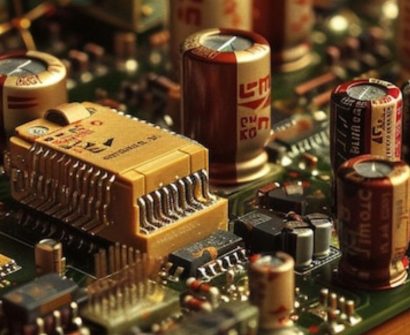
Very Large Scale Integration (VLSI) is at the heart of modern electronics, enabling the integration of millions of electronic components on a single chip. As technology advances, VLSI projects have become essential for engineering students, particularly those in Electronics and Communication Engineering (ECE), to explore the potential of integrated circuits (ICs) and transistors in various applications.
Understanding IEEE VLSI Projects
VLSI projects provide a platform for students to delve into the design and implementation of complex electronic systems. These projects typically focus on real-time applications and align with IEEE standards, ensuring that students work on cutting-edge research that contributes to technological advancements.
Key Components of IEEE VLSI Projects
- Synthesis in VLSI: Logic synthesis is a critical process in VLSI design. It involves analyzing the desired circuit behavior and designing the register transfer level (RTL) to create the circuit architecture for electronic devices. This step ensures the reliability and efficiency of the final product.
- Commonly Used Synthesis Tools: IEEE VLSI projects often utilize advanced synthesis tools such as Complex Programmable Logic Devices (CPLDs) and Field Programmable Gate Arrays (FPGAs). These tools help streamline the design process, making it easier for students to develop high-quality projects.
- Abstraction Levels in VLSI: VLSI design is structured around various abstraction levels, including:
- Register Transfer Level (RTL): Focuses on logic blocks, connections, and finite state machines (FSMs).
- Layout: Involves mask layers and polygons to define the physical structure.
- Specification: Covers input, output, and chip performance parameters.
- Circuit Design: Deals with transistors, parasitics, and their interconnections.
- Architecture: Manages major resources and their connections.
- Logic Design: Includes flip-flops, latches, and logic gates.
- Design Styles in VLSI: Students can explore different VLSI design styles, such as:
- Programmable Logic Devices (PLD) and FPGA: These designs use pre-manufactured components with programmable interconnects, reducing design effort while maintaining flexibility.
- Full Custom Design: Involves crafting every circuit element by hand, leading to high performance but requiring significant design effort.
- System on Chip (SoC): Combines several large blocks, incorporating predesigned custom cores and intellectual property (IP).
- Application-Specific Integrated Circuit (ASIC): Uses predefined components to create customized designs for specific applications.
The Importance of Scaling in VLSI Projects
Scaling is a vital process in VLSI, involving the reduction of every dimension in a design. This process results in smaller, faster, and more power-efficient circuits. Scaling is crucial for meeting the demands of modern electronic devices, which require high performance in a compact form.
Advantages of IEEE VLSI Projects
IEEE VLSI projects offer numerous advantages, including:
- Reduced power consumption
- Compact design
- Enhanced mobility
- High productivity
- Improved reliability
- Efficient use of space
Applications of IEEE VLSI Projects
VLSI technology has a wide range of applications, including:
- Aerospace systems
- Medical electronics
- Wireless and wireline communication
- Electronic design automation (EDA)
- Consumer electronics
- Defense systems
- Microelectromechanical systems (MEMS) and bioelectronics
Conclusion
IEEE VLSI projects are a gateway to innovation for ECE students, providing them with hands-on experience in designing and implementing advanced electronic systems. By working on these projects, students not only enhance their technical skills but also contribute to the evolving landscape of modern electronics. Whether it’s exploring new technologies or developing cutting-edge applications, IEEE VLSI projects offer a pathway to success in the field of electronics.
Also Read : fpga architecture in vlsi
To know more about VLSI Course , SuccessBridge VLSI training institute. You can begin your VLSI career by enrolling in the placement-assisted live courses available at SuccessBridge We offer various VLSI online courses. We offer VLSI Physical Design course, Design Verification course, DFT Training , Chip design course many more. Explore VLSI Courses From The Leaders In VLSI Training






